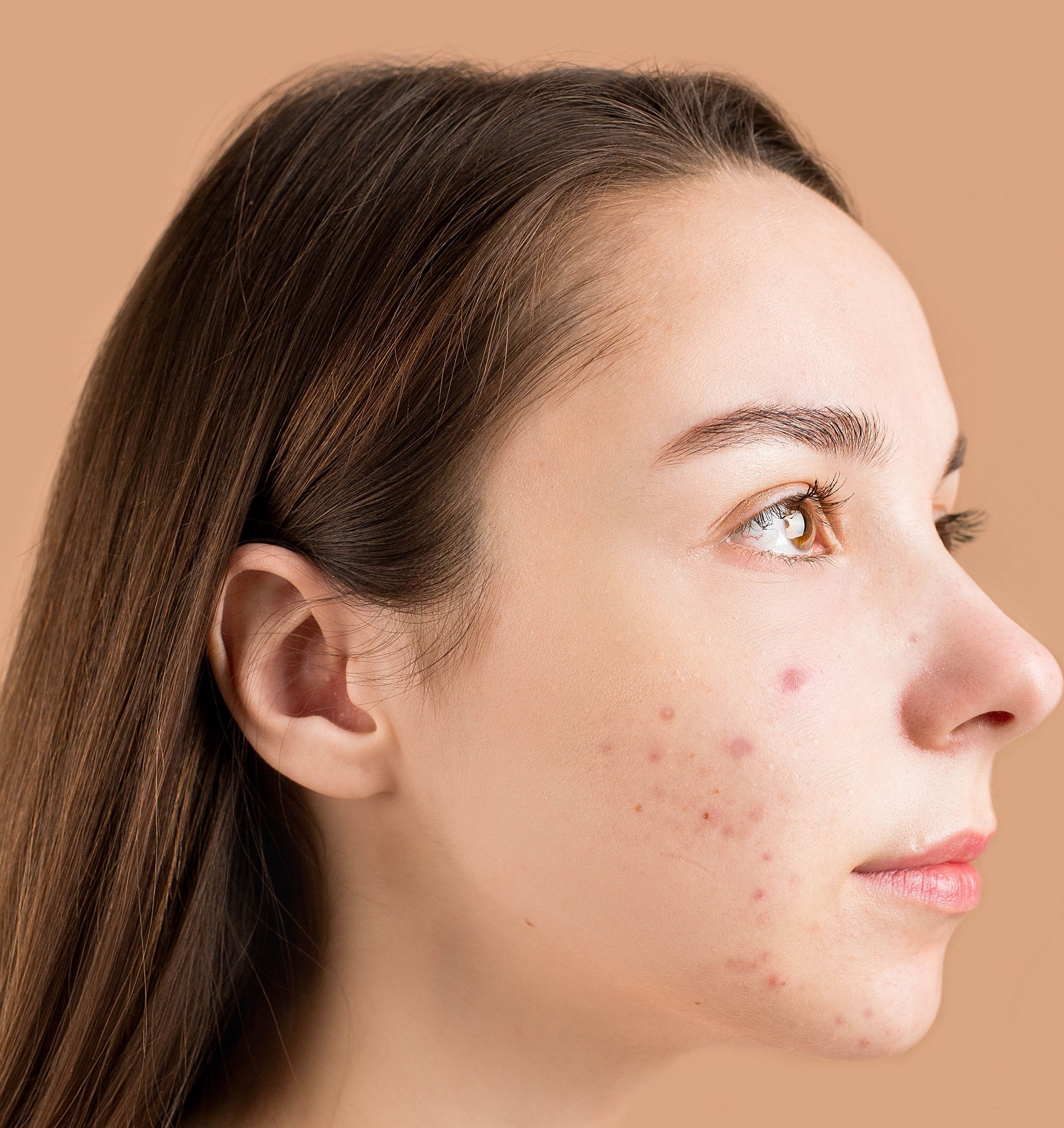Article
Clascoterone Cream Linked to Facial Acne Clearance in Adolescents, Adults at 12 Weeks
Author(s):
Phase 3 data suggest the novel twice-daily drug provides favorable efficacy and consistent safety over a regular regimen in patients aged 12 years and older.

Topical 1% clascoterone cream may provide significant efficacy and favorable safety in treating adolescent and adult patients with facial acne vulgaris, according to new phase 3 findings.
In new data presented at the Society of Dermatology Physician Assistants (SDPA) 2022 Annual Meeting in Miami, FL this week, a team of industry investigators reported findings suggesting the US Food and Drug Administration (FDA)-approved topical androgen receptor inhibitor was associated with clear or almost clear skin in about 1 in every 5 acne vulgaris patients aged ≥12 years old after 12 weeks of treatment.
The new findings add to the portfolio of calscoterone cream, a still-promising agent with a novel mechanism of action for treating acne vulgaris.
Investigators presented new pooled analysis on the efficacy and safety of 1% clascoterone cream in a phase 3 trial program’s subgroup of adolescent and adult patients with facial acne vulgaris. The program included a pair of identical studies that assessed the agent as a twice-daily therapy in patients with moderate-to-severe disease, per Investigator’s Global Assessment (IGA) scores of 3 or 4, over 12 weeks.
Primary efficacy outcomes for the multicenter, randomized, double-blind, vehicle-controlled trials included proportion of patients to achieve IGA 0 or 1—indicating clear or almost clear skin—plus a ≥2-point reduction in IGA score from baseline, as well as absolute change from baseline (CFB) in noninflammatory lesion counts (NILCs) and inflammatory lesion counts (ILCs) at 12 weeks.
Investigators additionally sought safety outcomes per local skin reactions every 4 weeks from baseline to week 12.
The trials data included 1421 patients ≥12 years old randomized to either 1% clascoterone cream (n = 709) or vehicle (n = 712). Approximately 60% of patients were female, 90% were White, and mean age was 19 years old. Approximately 8 in every 10 patients had a baseline IGA score of 3.
The team observed 19.9% of patients receiving clascoterone cream achieved IGA scores of 0 or 1 by week 12, versus 7.7% of patients receiving vehicle (P <.0001). Absolute change from baseline in NILC was -20.8% among patients receiving therapy and -11.9% among patients receiving vehicle at week 12 (P = .0031). For ILC, changes at week 12 were -19.7% and -14.0%, respectively (P = .0031).
Regarding safety, investigators reported that a majority of patients remained without local skin reactions at week 12; each reported reaction type was predominately mild in severity. No reactions were considered moderate to severe in more than 1.7% of treated patients.
The team concluded that topical 1% clascoterone cream provides “favorable efficacy and safety” in treating facial acne vulgaris among patients ≥12 years old, with low likelihood of severe adverse events with the novel agent.
“These phase 3 studies did not contemplate the concomitant use of 1% clascoterone cream with other anti-acne medications,” they wrote. “Larger studies are necessary to investigate the long-term efficacy and safety of 1% clascoterone cream alone or in combination with other topical acne medications.”
The study, “Efficacy and safety of 1% clascoterone cream through 12 weeks in patients ≥12 years of age with facial acne vulgaris: pooled data analyses of two Phase 3 randomized clinical trials,” was presented at SDPA 2022.





